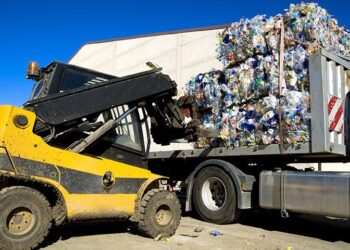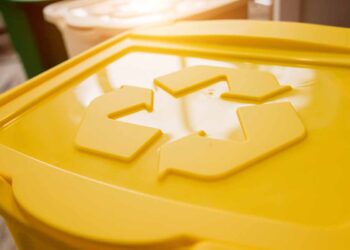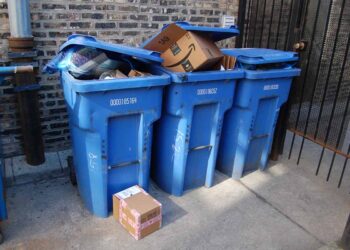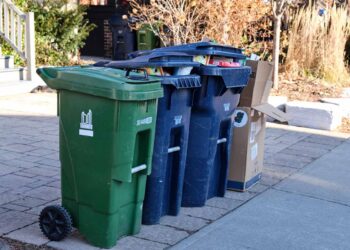Opinion
In My Opinion: How ‘Big Waste’ degraded US recycling
An expert explores how corporate consolidation in the waste sector is negatively impacting materials recovery efforts.
Notes from the field: Small-scale compost success
Here's the story of how a college student in California launched a community food scrap diversion effort that eventually became...
In Our Opinion: How to make sure EPR actors behave themselves
In the final installment in a series on best practices for packaging producer responsibility systems, we explore the ways to...
In My Opinion: Are you destroying SSDs correctly?
The president of ITAD firm CyberCrunch discusses why SSDs present a new frontier in the world of data destruction, and...
In My Opinion: Paper bags are essential to paper recycling
An Institute of Scrap Recycling Industries official discusses the group's recently approved policy position opposing bans and fees on highly...
In My Opinion: Big changes make for bigger opportunities
The leader of an electronics stewardship organization in Canada lays out new regulations coming on-line in the country's most populous...
In My Opinion: Focus on waste reduction, not recycling
In the runup to America Recycles Day, a campaigner for the Center for Biological Diversity warns against using materials recovery...
In My Opinion: Processors can stand out online for little cost
A video marketing expert provides tips to help small electronics recycling and reuse businesses cost-effectively bring their message to potential...
In Our Opinion: How EPR program design impacts costs
In this second in a four-part series, experts explain how myriad factors affect the costs producers must pay in different...
In My Opinion: Not all producer responsibility is created equal
In this first of a four-part series, a recycling industry consultant lays out the variations in different producer responsibility programs,...
























